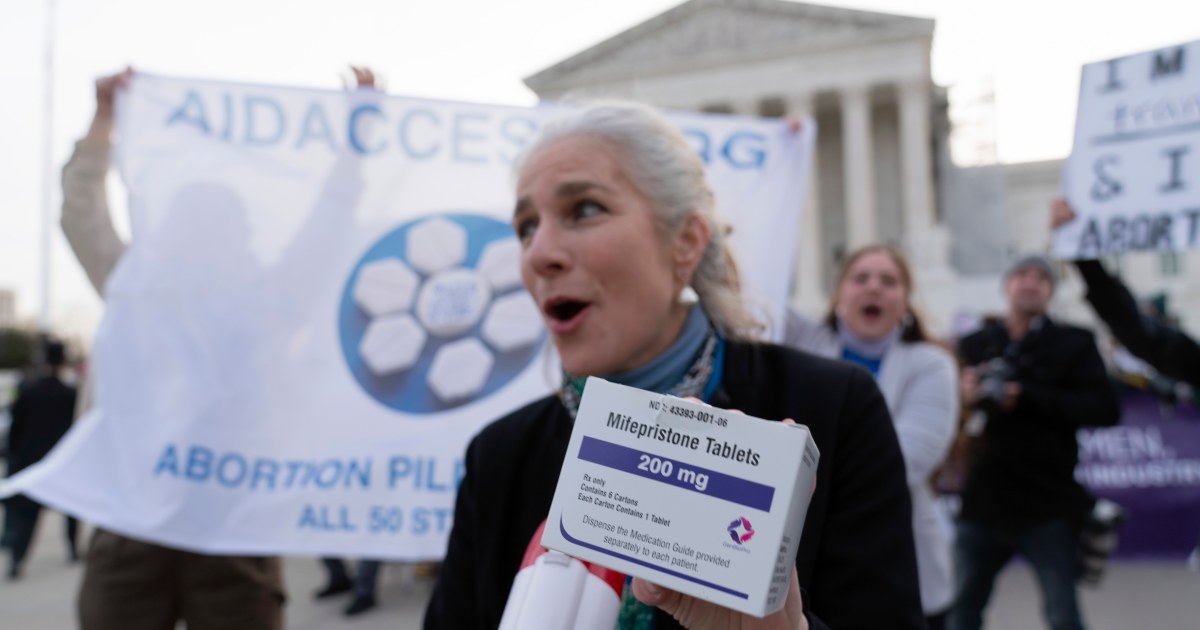Members of the Civil Guard await their turn to join the parade of La Fiesta Nacional, on October 12 in Madrid. Manuel Medir (getty)
Bad students aren't the only ones who copy their work from the Internet.
The Supreme Court has given a scolding to the Ministry of the Interior because it incorporated into an administrative file, as if it were its own, a scientific report downloaded from the Internet.
"It is not very serious," says the high court, "to lately incorporate into the file, once the contentious-administrative appeal has been filed, a report signed by the official responsible for health in the General Directorate of Police that turns out to be a reproduction of a text appeared on a private website, whose foundation and credibility is not proven.
What's more", the magistrates add, "the Administration avoided revealing this circumstance, passing off as its own something that its services had not prepared […] Thus, in the present case, to whom technical-scientific credibility cannot be given It is to the Administration”.
The reproach appears in a sentence handed down on the 16th by the Administrative Litigation Chamber of the Supreme Court that has suppressed the fact of being a carrier of phakic or intraocular lenses as a cause of exclusion for entry into the National Police.
It is not the only sentence in this line.
At least three other pronouncements of the high court have modified in recent months the medical list for access to the Armed Forces and the Civil Guard, arguing that the Administration cannot automatically apply this clause, as it did up to now, if it does not reason How does this circumstance affect the performance of military and police functions?
In separate judgments of October 24 and December 21 of last year and of January 16 of this year, the Supreme Court already agreed with three professional soldiers who were excluded from the tests for promotion to the non-commissioned officer category of the Armed Forces and the places reserved for soldiers to join the Civil Guard.
In all three cases, they were active soldiers who, despite wearing intraocular lenses, carried out their tasks normally, without being found to be in psychophysical condition in the successive medical examinations that they must pass.
For the high court, if they were considered fit to be professional soldiers, they could not be discriminated against when promoting to non-commissioned officers or moving to the Civil Guard.
The latest sentence, of February 21, refers to the medical exclusion table that is applied in the Civil Guard to the so-called "free shift" applicants, who are those who enter directly from the street.
The appeal was filed by an opponent who took the entrance exams for the corporal and guards scale, convened in May 2019, and was disqualified in application of the section of the medical list, according to which "in no case will phakic lenses be accepted ”.
The applicant's lawyer, Antonio Suárez-Valdés, appealed the decision, providing ophthalmological and expert reports that demonstrated that the fact of wearing these lenses did not result in any impediment or risk to the performance of civil guard tasks and that the Administration had not justified otherwise.
However, the Superior Court of Justice of Madrid agreed with the State lawyer, who argued that the medical chart of the call had not been challenged and that the Administration prepared it taking into account the scientific evidence, without it being necessary to justify its application in each case.
Now, the Supreme Court has turned the case around by concluding that "there is currently no solid medical reason why those who have phakic lenses implanted are in significantly worse conditions than others for the development of functions" of the police or civil guard.
And that these causes of exclusion “lack objective justification and, therefore, are the product of the naked will of the Administration.
They are, in this sense, arbitrary.”
In the sentence that affects the National Police, the Supreme Court emphasizes that the United States Army does not exclude applicants who wear these lenses.
“If the US military who, if necessary, must go into combat, can wear phakic lenses, it is not possible to understand why a different principle should apply to members of the National Police;
especially considering that the risk to which they are exposed is not greater than that of a soldier”.
The Supreme Court concludes that, in application of the principle of proportionality, "an applicant who has phakic lenses implanted cannot be excluded without the circumstances for which it is applied having been reasoned."
Consequently, it annuls the cause of exclusion provided for in the royal decree of 2021, which includes the medical chart for access to the National Police and the equivalent subsection of the order that regulates entry into the Civil Guard, ordering that the medical examination of the appellants.
Subscribe to continue reading
Read without limits
Keep reading
I'm already a subscriber




/cloudfront-eu-central-1.images.arcpublishing.com/prisa/OCXVGAGDFFE6NDRQIKWRK26LLU.jpg)




